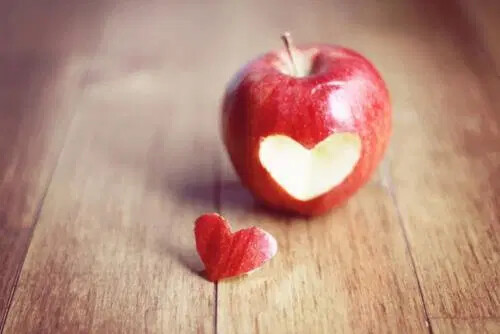I love to please people!
Seth Godin here talks about discernment for those of us who enjoy pleasing… and sometimes run into people who cannot be pleased:
There are bosses, customers and partners who will never be happy.
And sometimes, despite the futility, we work to please them anyway.
Because that can be a compass. It can help us do the work that will satisfy others (or ourselves).
It can also be a trap, an endless treadmill of disappointment that leads nowhere in particular.
We should be clear about which one we’re on. Because working to please the pleasable is a lot more likely to pay off.
I’d say one of the Real Skills I’ve cultivated is being easier to please. Emotional practices like Gratitude and Appreciation and Simple Uplifts help with our ability to allow ourselves to be pleased by Nature, our co-creators, and life.
Recognizing another person’s capacity to be “pleased” I feel is honest discernment. I’m thinking of one of our circle member’s employers who simple isn’t easy to please. It may not even be possible to please him!
As Seth points out, we can still seek to “please” because that can point us in the direction of acts of service and intentions that can be pleasing to ourselves (and to others who are more of a pleasing match!).
And it can be a trap. I was fortunate that my Mom could be pleased at times… or at least given a bit of relief… by the attention I might give to domestic chores and acts of kindness. The trap for me, as a child, was that if Mom was feeling worried and strained, I might flail around trying and trying to please her… when she really was not in a state of being where that was… possible… or at least unlikely.
I’m feeling the truth that there are moments when I really am in a state where I could NOT be easily pleased. That’s on me.
I’m also feeling the truth that the most easily pleased people I love are also sometimes in a state where they cannot be easily pleased! That’s not on me. And indeed, allowing for a little less action to try and please them in those moments might keep more of my energy in reserve, for moments when Pleasing Is Possible.
How have you seen this play out in your life?




